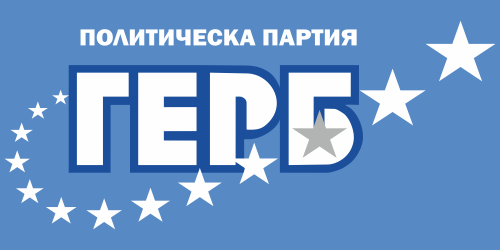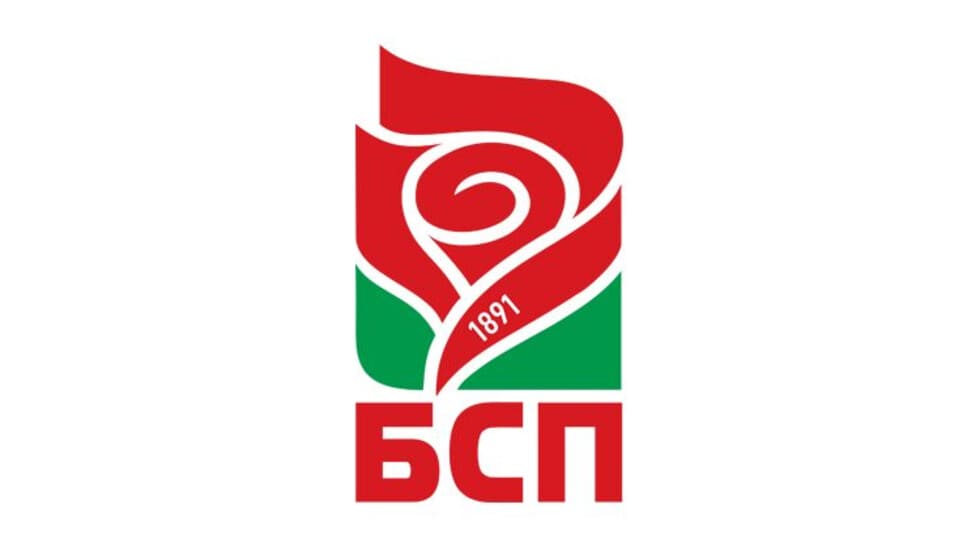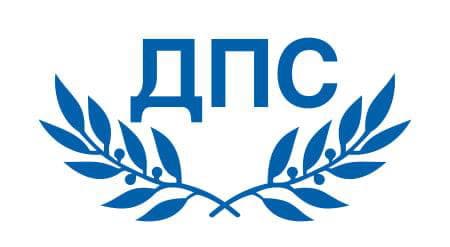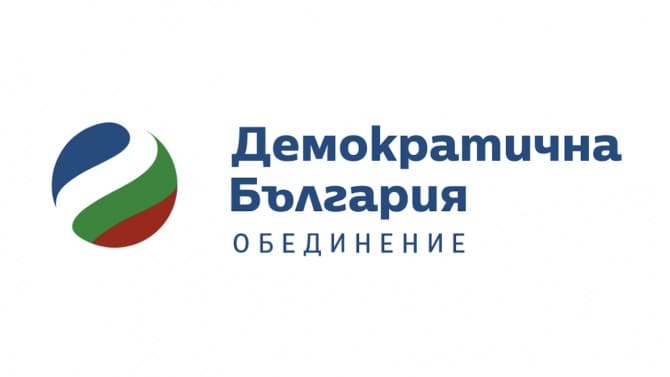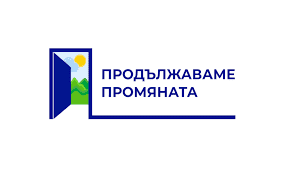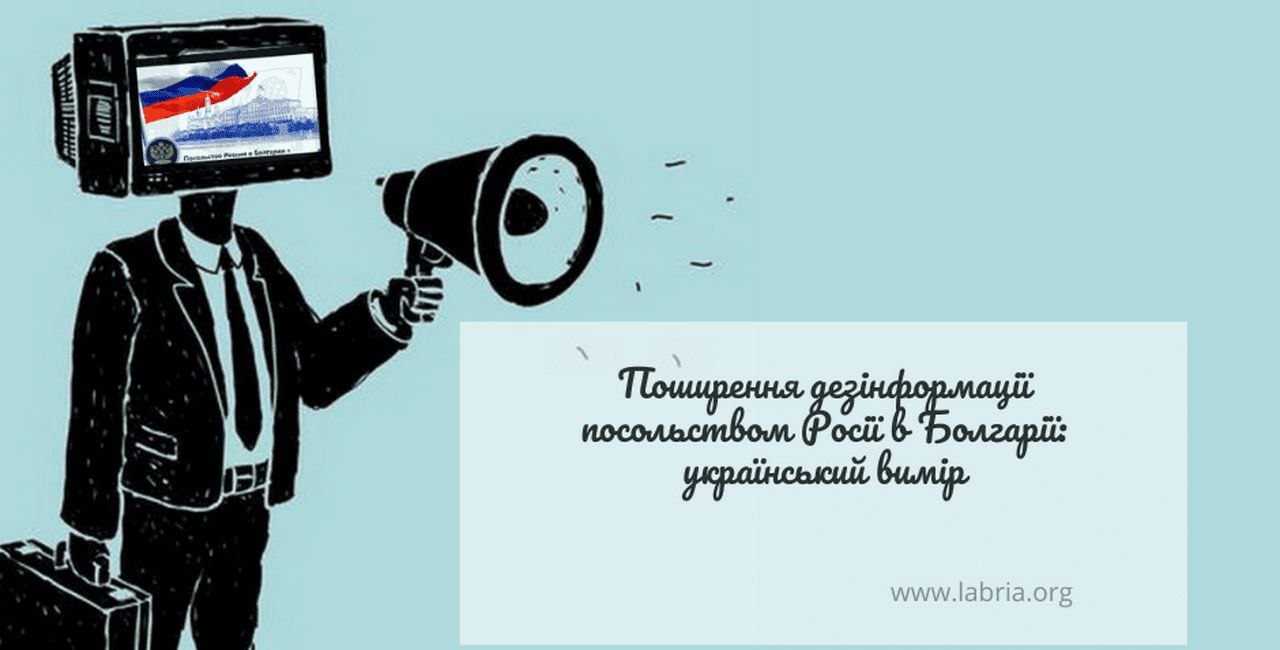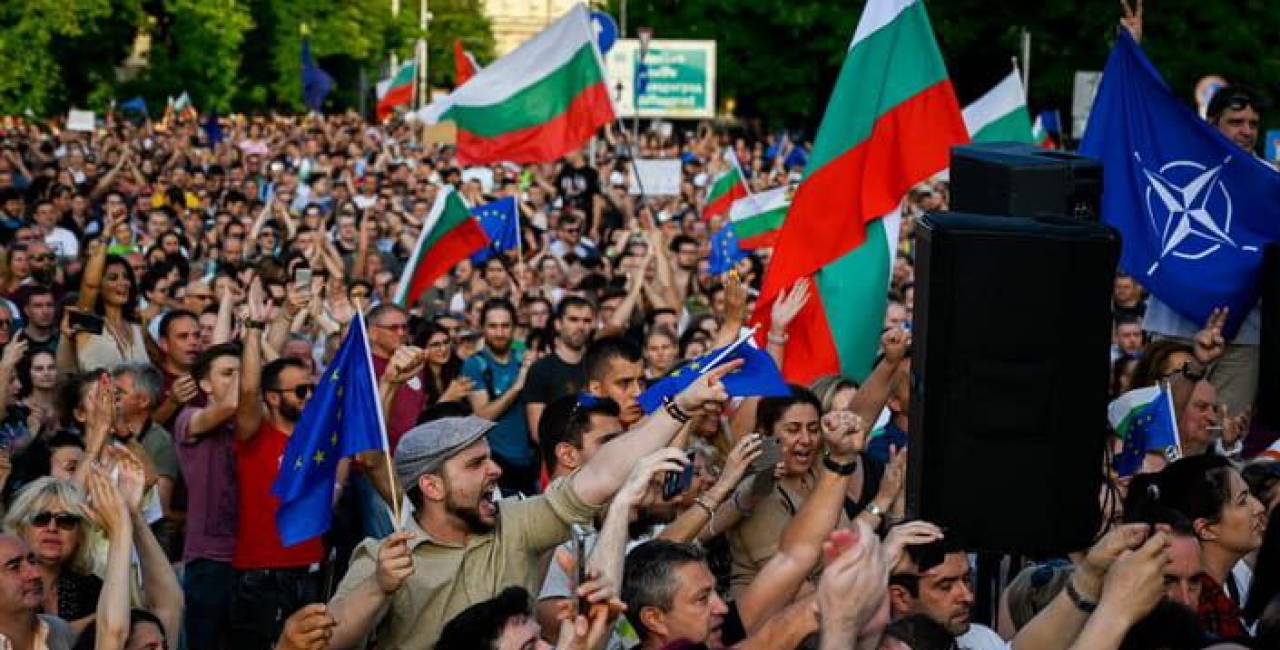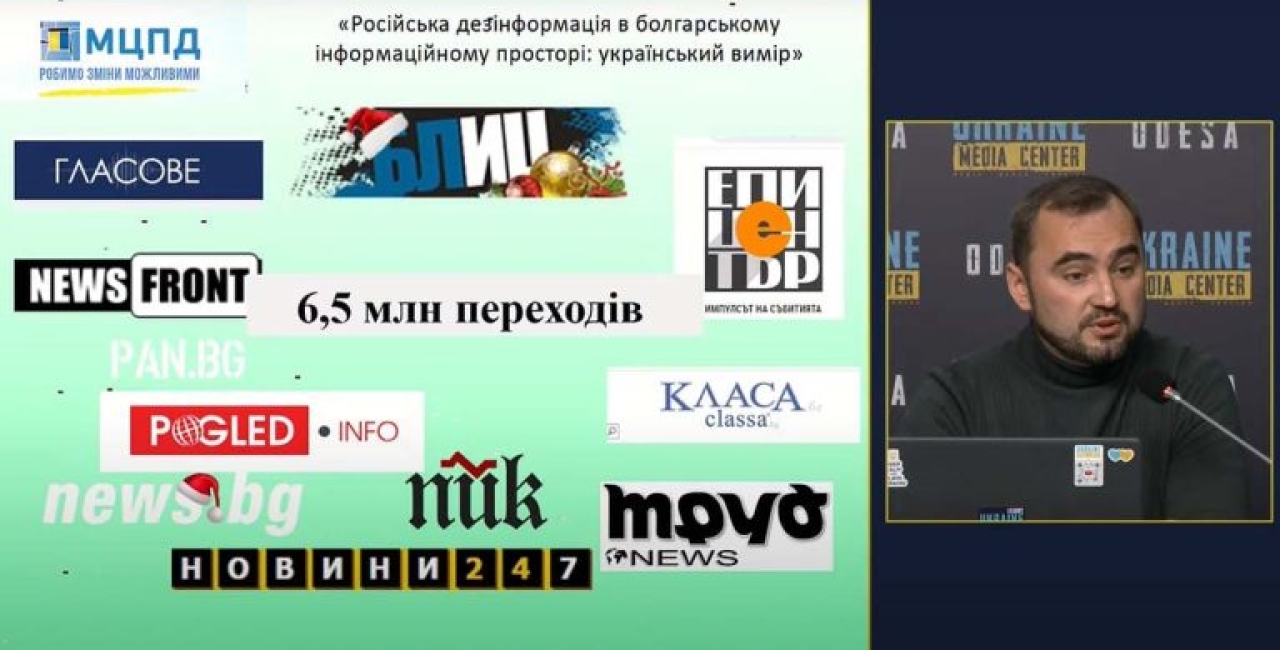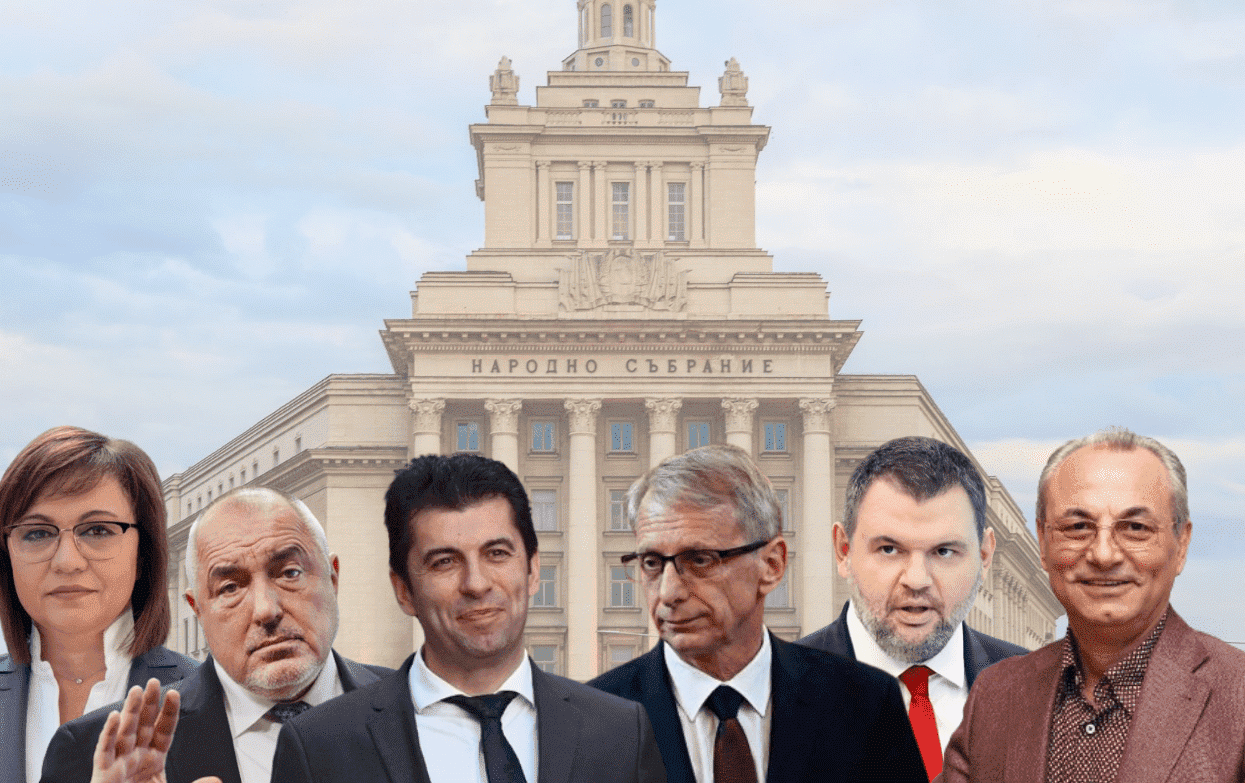
Bulgaria has been experiencing a serious political crisis since 2021, leading to six parliamentary elections in the past three years. The next stage of the election race is coming up, the results of which are unlikely to allow Bulgaria to recover from its steep political plunge.
Political Crisis in Bulgaria
In the summer of 2020, Bulgaria witnessed large-scale anti-corruption protests, the causes of which were the mafia-like nature of the government, the growth of lawlessness and the restrictions on citizens' freedom of speech. The protests revealed deep problems with trust in state institutions in Bulgaria and marked the beginning of protracted political instability.
In April 2021, the next parliamentary elections were held. According to the results of the vote, the pro-government GERB party retained its leadership (26.18% or 75 seats in the National Assembly), but was unable to form a new stable government. Amid anti-corruption protests, none of the political forces agreed to enter a coalition with the GERB party led by former Prime Minister Boyko Borisov. A political anomaly of the April 2021 elections was the entry into the National Assembly of a completely new political force - the "Ima taky narod" party led by showman Slavi Trifonov. Bulgarians gave it second place (17.66% or 51 mandates). But neither Slavi Trifonov's "Ima taky narod" nor the "Democratic Bulgaria" party led by Atanas Atanasov and Hristo Ivanov were able to form a government. As a result, President Rumen Radev announced early elections to the National Assembly of Bulgaria.
According to the results of the July 2021 elections, the "Ima taky narod" party took first place (24.08% or 65 mandates), overtaking GERB by less than one percentage point. However, the new political force with significant support from the population and a request for a renewal of power was unable to consolidate around itself even ideologically close parties and failed to implement its first mandate. Other parties were also unable to form a coalition. This was another failed attempt to form a cabinet, leading to a third election.
Third snap election in November 2021: This time, President Rumen Radev's unofficially nominated party, "Produlzhavame sammenata", won. It managed to form a cabinet, enlisting the support of Democratic Bulgaria (DB), "Ima taky narod" and the Bulgarian Socialist Party of Cornelia Ninova. The coalition government lasted for several months. However, in June 2022, after leaving the "Ima taky narod" coalition, the GERB party called for a vote of confidence in the government in parliament, which was defeated. As a result, the political crisis in Bulgaria continued and the country went to another round of snap elections.
In October 2022, as a result of the vote, the GERB party again took first place, but within the framework of the implementation of the first mandate, it did not find support among parliamentary parties and failed to form a government. The second and third mandates were awarded by President Rumen Radev to the PP and BSP, which also failed to secure the support of other parties.
The fifth snap elections are being held in April 2023. The GERB party again took first place (26.72% or 69 mandates). Rumors were circulating on the sidelines that GERB party leader Boyko Borisov intended to conclude a coalition agreement with BSP, Vazrazhdane and Ima taky narod, but the rumors did not come true. After foreign policy pressure from the EU political leadership, the seemingly irreconcilable political enemies GERB and the PP-DB coalition agreed to create a rotating coalition government. It was headed by the PP-DB candidate Nikolai Denkov, and his deputy - Minister of Foreign Affairs was GERB candidate Maria Gabriel. As part of the coalition agreement, it was assumed that Nikolai Denkov would lead the country for the first 9 months, and Maria Gabriel for the second. It is worth noting that the GERB and PP-DB rotational government was also supported by the pro-Turkish DPS party.
Despite the agreement that provided that in nine months, Maria Gabriel would take over as Prime Minister, and Denkov would become Deputy Prime Minister, this "gentlemanly" agreement between GERB and PP-DB was not implemented.
In July 2024, another snap election was held, in which GERB again took first place, although the party's result dropped by almost 2%. In addition, voter turnout was also record low - only 34.41% of eligible voters came to the polls. This was a clear signal of low trust in political parties and the ongoing political crisis in the country.
After the distribution of seats in the 50th National Assembly, 121 votes were needed to form a government. No party was able to gather enough support to form a cabinet. The first mandate was given by President Rumen Radev to GERB, which proposed Rosena Zhelyazkova to form a coalition government. However, the attempt to implement the first mandate failed, as all parties except the DPS voted categorically against it. The second exploratory mandate to form a cabinet was given to the second largest political force, the PP-DB coalition, on July 22, 2024. They returned the mandate unrealized.
After the second attempt to form a government failed, the Bulgarian Constitution provides one last opportunity. President Rumen Radev handed the third mandate to the political party "Ima taky narod". The party had almost a month to implement its mandate, after negotiations with all parliamentary parties, their attempts to form a government were unsuccessful. On August 5, “There is Such a People” returned the mandate unfulfilled. According to Bulgarian President Rumen Radev: “The spiral of inconclusive elections continues to spin. This not only causes irritation, but also unlocks a number of destructive processes – the alienation of citizens from democratic elections and the blocking of many institutions.”
Thus, Bulgaria is heading for early parliamentary elections, which will be held in mid- or late October. Given the current political context, it is obvious that these elections will be held against the backdrop of the elections in the United States. American politics and its dynamics traditionally influence the global political landscape, in particular European countries. The change of administration in Washington may bring adjustments to Bulgaria's domestic and foreign policy priorities.
At the same time, the possibility of reaching an agreement between GERB, PP-DB, and the renewed DPS is uncertain, but realistic. GERB and PP-DB have previously demonstrated a willingness to cooperate on key issues. DPS under the leadership of Ahmed Dogan may again be a key partner, since - the influence of media magnate Delyan Peevski on the party has decreased after his departure from DPS. The latter will probably try to create a new party, which, using the media resource, can change the political dynamics by adding new political elements to the scene. Bulgarian realities demonstrate that the foundations of a successful ruling coalition are laid not after the elections, but before them. Whether the leading Bulgarian political parties will be able to agree for the sake of the prosperity and stability of the state will be shown by new elections.
|
Voting results in the parliamentary elections in Bulgaria (period of constitutional crisis) |
|
Political parties |
04.21 % (mandates) |
07.21 % (mandates) |
11.21 % (mandates) |
10.22 % (mandates) |
04.23 % (mandates) |
07.24 % (mandates) |
|
|
26.18% (75) |
23.51% (63) |
22.74% (59) |
25.33% (67) |
26.49% (69) |
24.71% (68) |
|
|
17.66% (51) |
24.08% (65) |
9.52% (25) |
3.83% (0) |
4.11% (11) |
5.96% (16) |
|
|
15.01% (43) |
13.39% (36) |
10.21% (26) |
9.30% (25) |
8.93% (23) |
7.06% (19) |
|
|
10.51% (30) |
10.71% (29) |
13.00% (34) |
13.75% (36) |
13.75% (36) |
17.06% (47) |
|
|
9.45% (27) |
12.64% (34) |
6.37% (16) |
7.45% (20) |
24.56% (64) |
14.33% (39) |
|
|
- |
- |
25.67% (67) |
20.20% (53) |
||
|
|
2.45-0 |
3.01% (0) |
4.86% (13) |
10.18% (27) |
14.16% (37) |
13.78% (38) |
|
FIX IT! GET OUT! |
4.72% (14) |
5.01% (13) |
||||
|
BULGARIAN EAST |
4.63% (12) |
3.06% (0) |
||||
|
PP VELICHIE |
4.65% (13) |
The War in Ukraine and the Constitutional Crisis in Bulgaria
Russia's war in Ukraine has had a significant impact on the political crisis in Bulgaria, deepening the already existing contradictions between the main political forces in the country. These differences are particularly evident in the attitude towards international politics and the future foreign policy orientation of Bulgaria.
On the one hand, part of the political parties and society in Bulgaria is oriented towards the European Union and NATO, supporting the values of democracy, free market and human rights. They see European integration and cooperation with the US as the key to a better future for Bulgaria, economic development and stability. Parties such as GERB, PP-DB, and DPS insist on supporting Ukraine in repelling Russian aggression and call for strengthening sanctions against Moscow and the Kremlin regime.
On the other hand, there are political parties and marginalized groups in Bulgaria that show sympathy for today's dictatorial Russia. The populist party "Vazrazhdane" led by Kostadin Kostadinov, who does not hide his ties to Russia, is gradually gaining popularity. The "Velichye" party, which positions itself as a pro-Russian and radical party, entered parliament for the first time. These parties speculate on historical ties with the Russian Empire and the Soviet Union and adhere to anti-Western positions, speaking out against the sanctions imposed on Russia. Russian propaganda and influence actively supports and finances these parties, reinforcing their anti-European sentiments and further dividing Bulgarian society.
Conclusions
The polarization of society and the political elite in Bulgaria leads to difficulties in forming a stable government. The conflict between pro-European and pro-Russian forces intensifies confrontation and opposition around the main priorities of the country's future. As a result, Bulgarian political institutions are paralyzed, and the possibility of implementing key reforms for the socio-economic prosperity of Bulgarians is significantly reduced, as interim governments cannot fully play a leading role for sustainable change in Bulgaria. Russia's war in Ukraine has not only exacerbated Bulgaria's foreign policy challenges, but has also highlighted the internal ideological divide of Bulgarian society.
The possibility of reaching an agreement between GERB, PP-DB and the renewed DPS is uncertain, but realistic. GERB and PP-DB have previously demonstrated a willingness to cooperate on key issues. DPS under Ahmed Dogan may once again be a key partner, as Delyan Peevski's influence on the party has diminished after his departure from DPS. He will likely try to create a new party, which, using the media resource, could change the political dynamics by adding new political elements to the scene. So the facts suggest that in the fall Bulgarians will elect the 51st National Assembly. The political crisis remains at the heart of Bulgaria's challenges, and citizens face new elections that should provide a solution to the country's long-standing instability.
Author: Mikhail Panayotov, expert, Research and Information Analysis Laboratory

